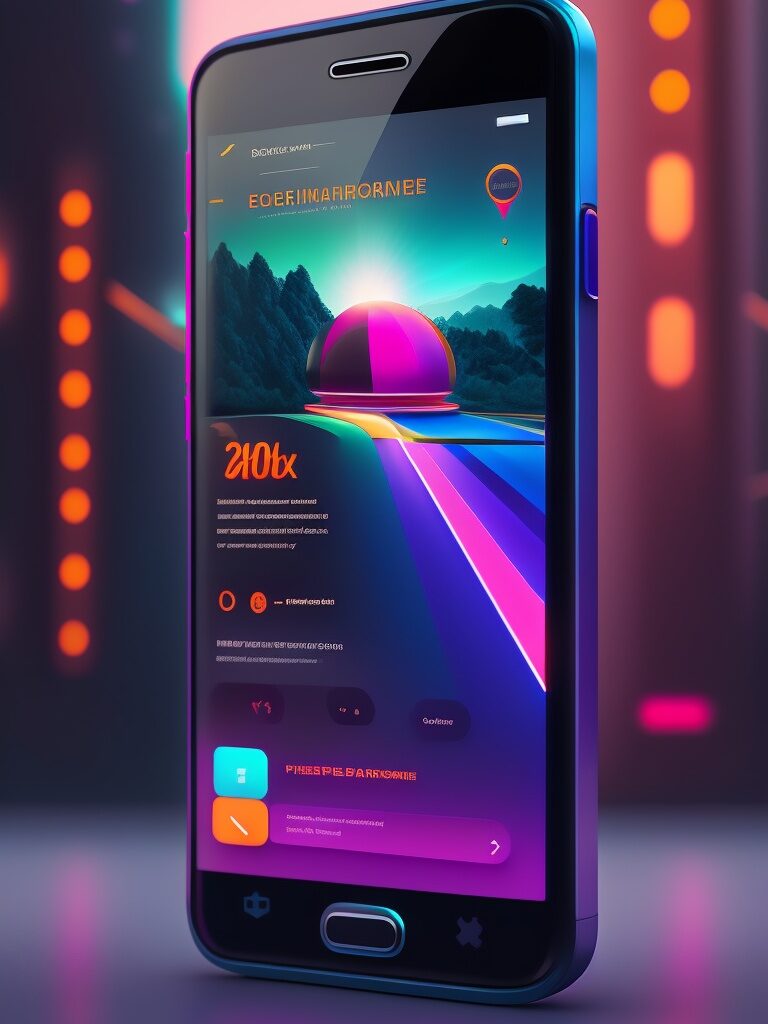
Hybrid app development has seen significant adoption in recent years. The hybrid approach offers a blend of both native and web solutions, leveraging the best parts of both platforms. Here’s a deep dive into the top benefits of choosing hybrid app development services:

- Cost-Efficiency: One of the most enticing benefits is cost saving. Instead of developing multiple native apps for each platform (like iOS, Android, Windows, etc.), businesses can build a single hybrid app that works across multiple platforms. This reduces development, maintenance, and update costs.
- Faster Development: With hybrid app development, developers can write the code once and run it on multiple platforms. This considerably reduces the development time, allowing businesses to launch their apps more quickly to the market.
- Uniform Design: Ensuring a consistent user experience (UX) across multiple platforms can be a challenge with native apps. Hybrid apps, with their shared codebase, make it easier to maintain a uniform design and UX across different platforms.
- Offline Access: Hybrid apps often utilize device’s API to store some data offline. This makes them ideal for users who have limited or intermittent internet connectivity, as they can still access some app features offline.
- Easy Integration: Like native apps, hybrid apps can integrate seamlessly with the device’s system functionalities like GPS, camera, contacts, etc. This offers an immersive user experience without the need to deal with integration issues specific to each platform.
- Simplified Maintenance: With native apps, introducing updates or changes can be cumbersome, as it requires updating individual platform-specific apps. For hybrid apps, updates are typically synchronised across platforms, making maintenance simpler and more streamlined.
- Scalability: Hybrid apps are built on web technology which means they can be easily scaled to other platforms. So, if you start with iOS and Android, it’s relatively easier to expand to other platforms like Windows or web browsers.
- Wider Reach: By being platform agnostic, hybrid apps can potentially reach a broader audience, encompassing users of various devices and operating systems.
- Latest Technology Access: Hybrid app frameworks like React Native, Flutter, or Ionic, are consistently updated to harness the latest technological advancements. This ensures that apps built using these frameworks are modern, feature-rich, and up-to-date.
- Flexibility: With the hybrid approach, switching the backbone (like moving from one framework to another) of your app in the future is easier as compared to re-writing a complete native app. This offers more flexibility in terms of adopting new technological changes.

In conclusion, while hybrid app development may not always be the ideal choice for every scenario, it certainly offers a multitude of benefits for businesses looking for a cost-effective, scalable, and flexible app solution. However, the decision should be based on individual project requirements, target audience, and the intended user experience.